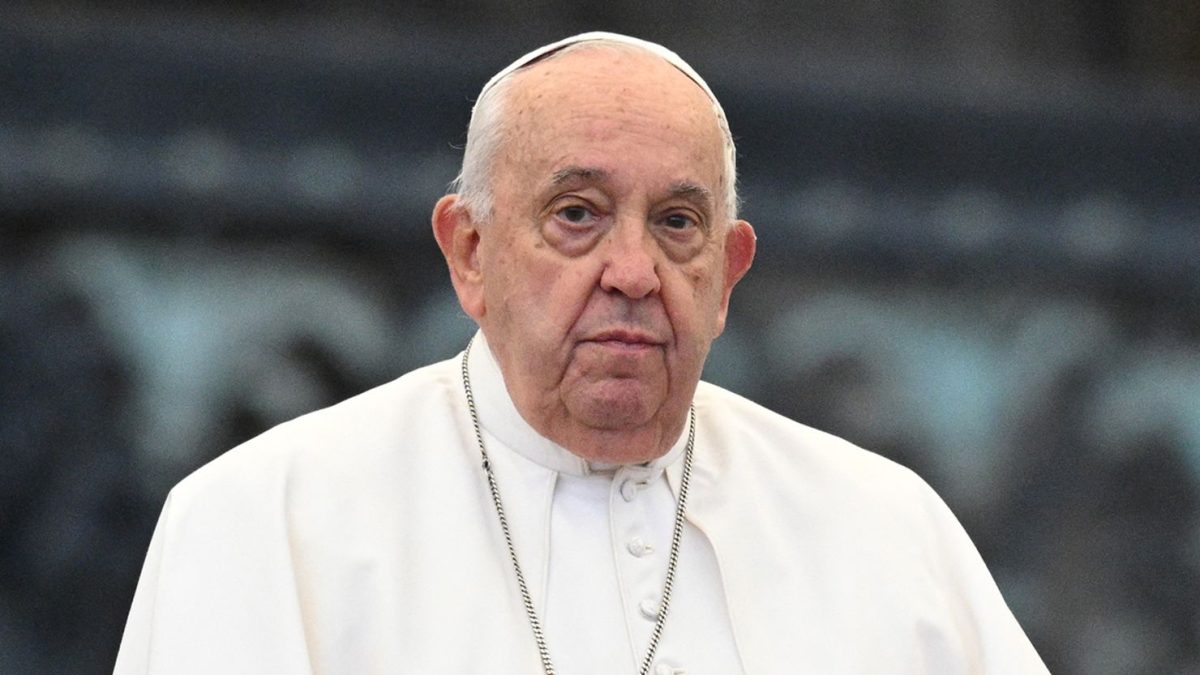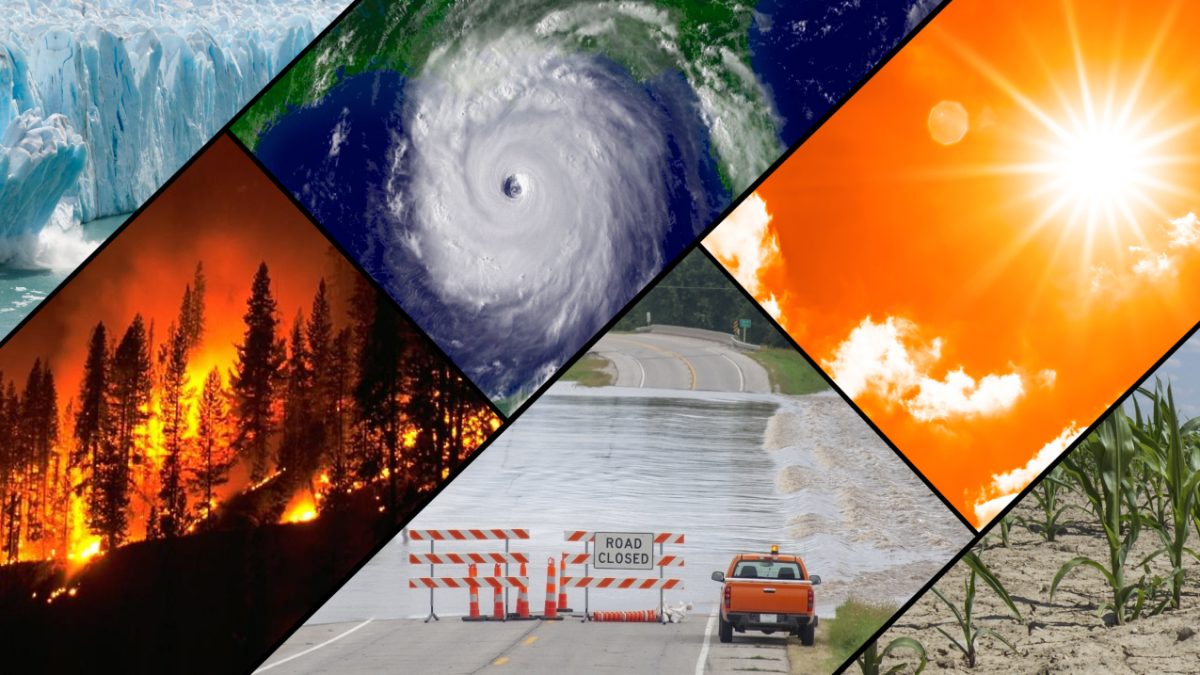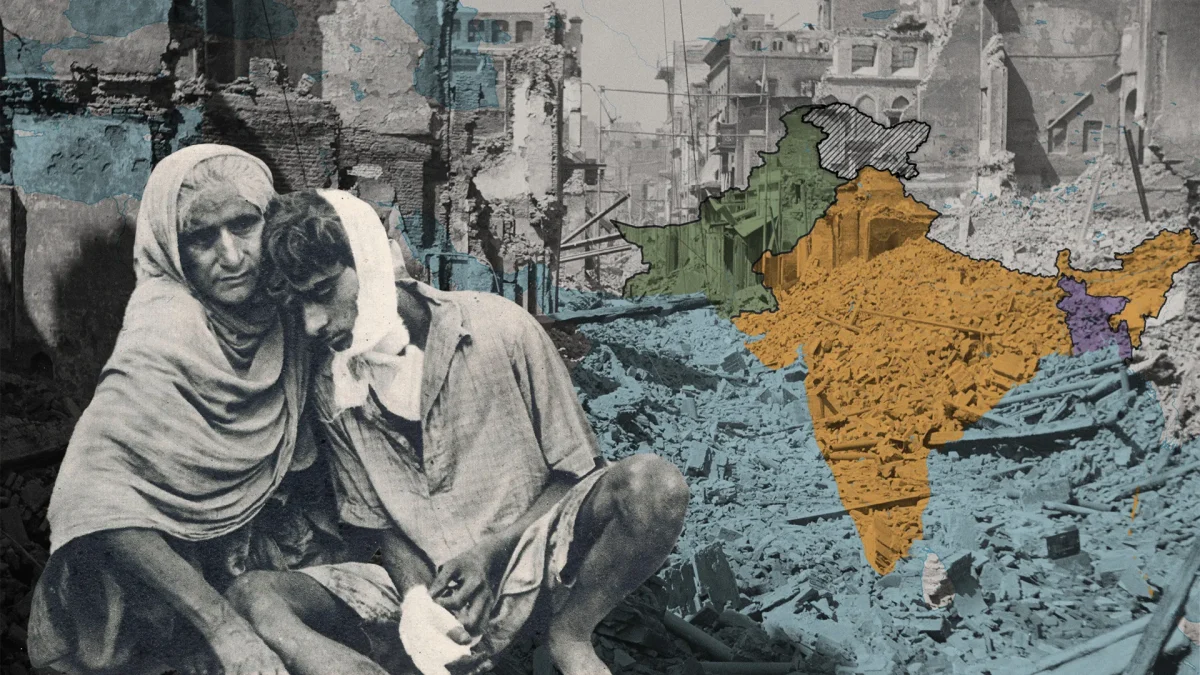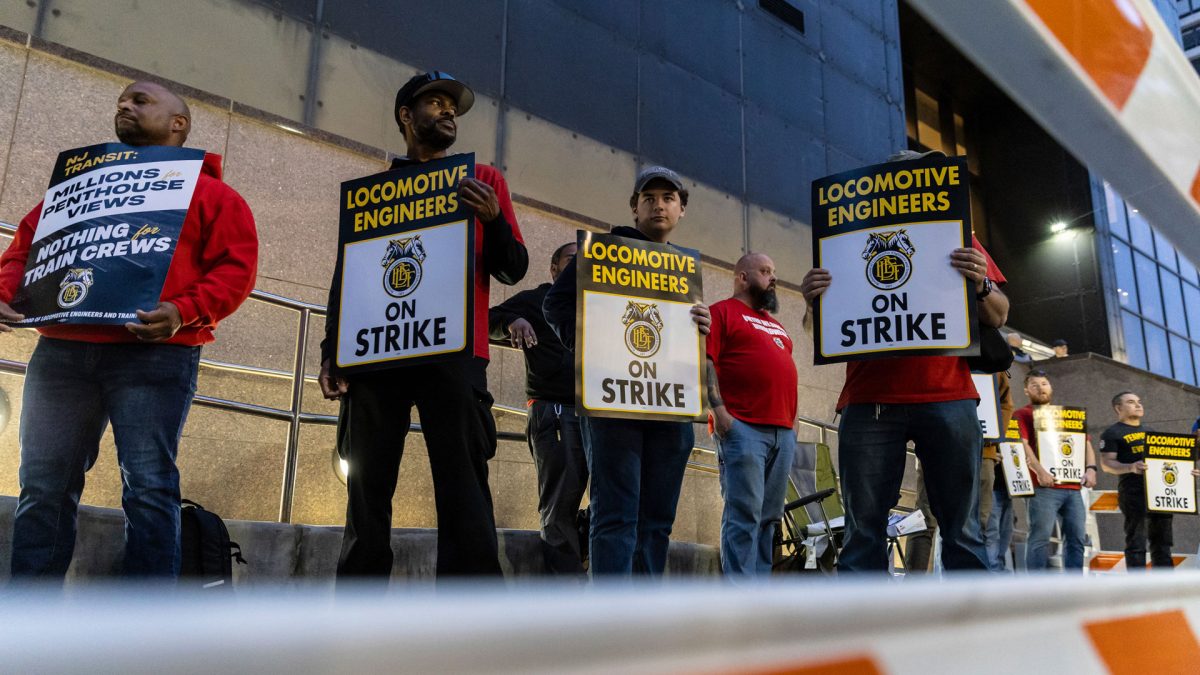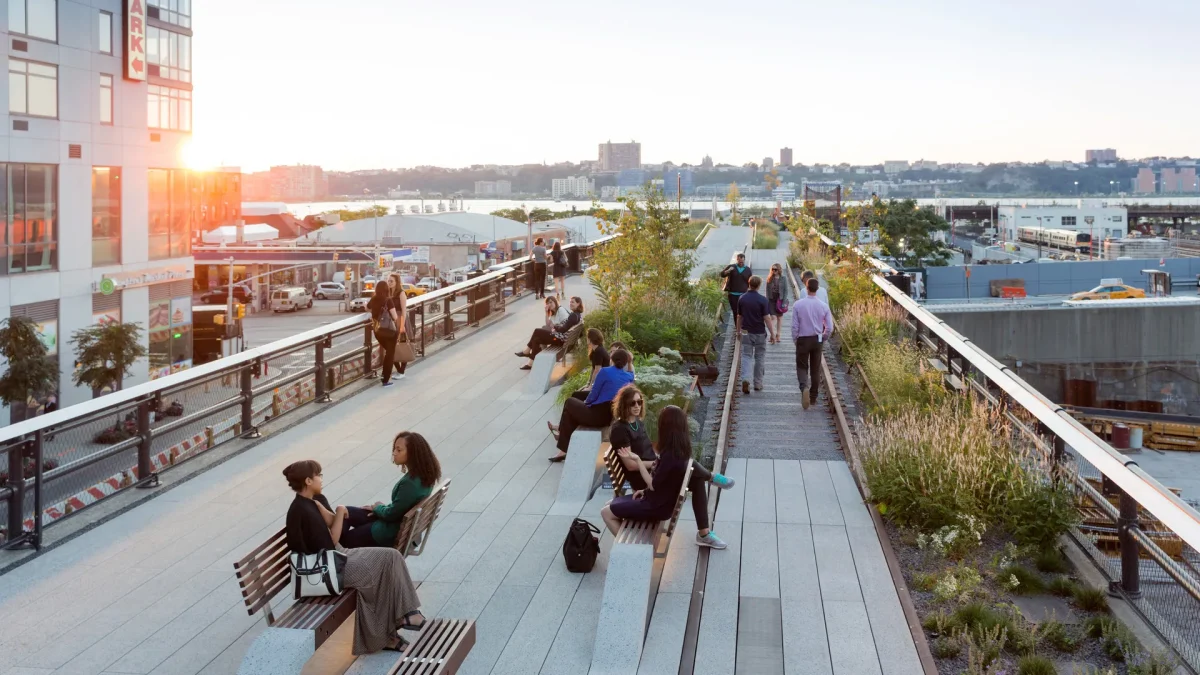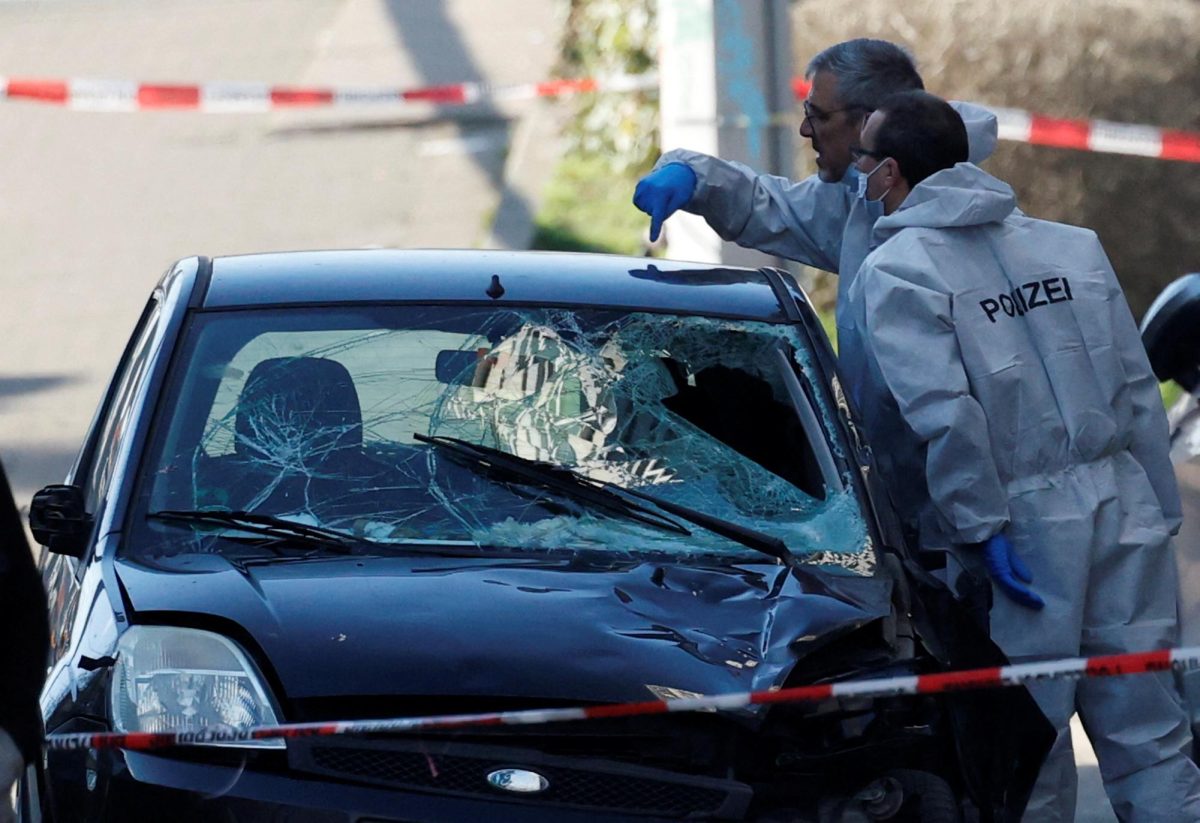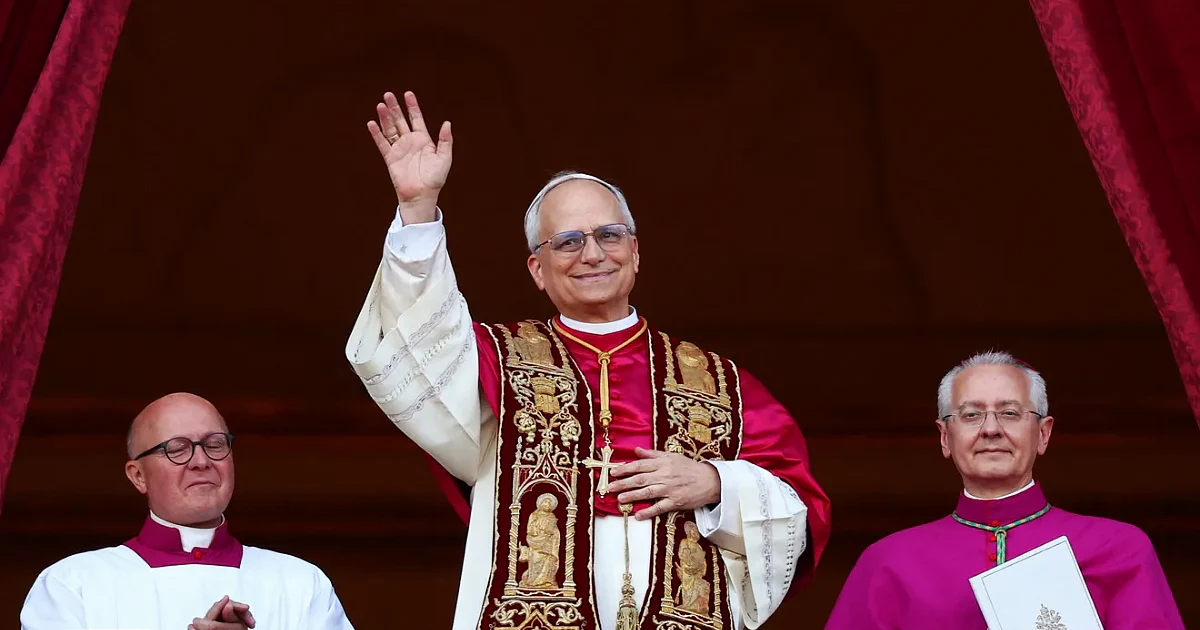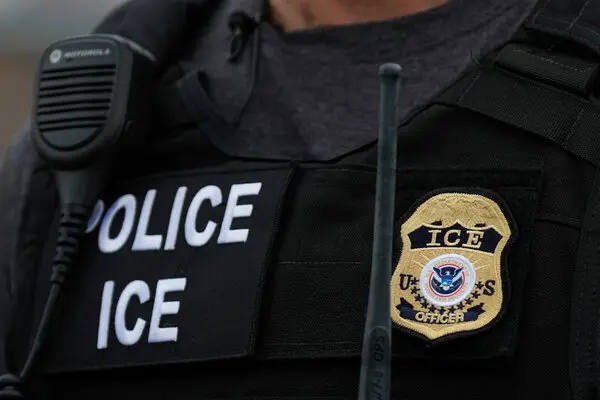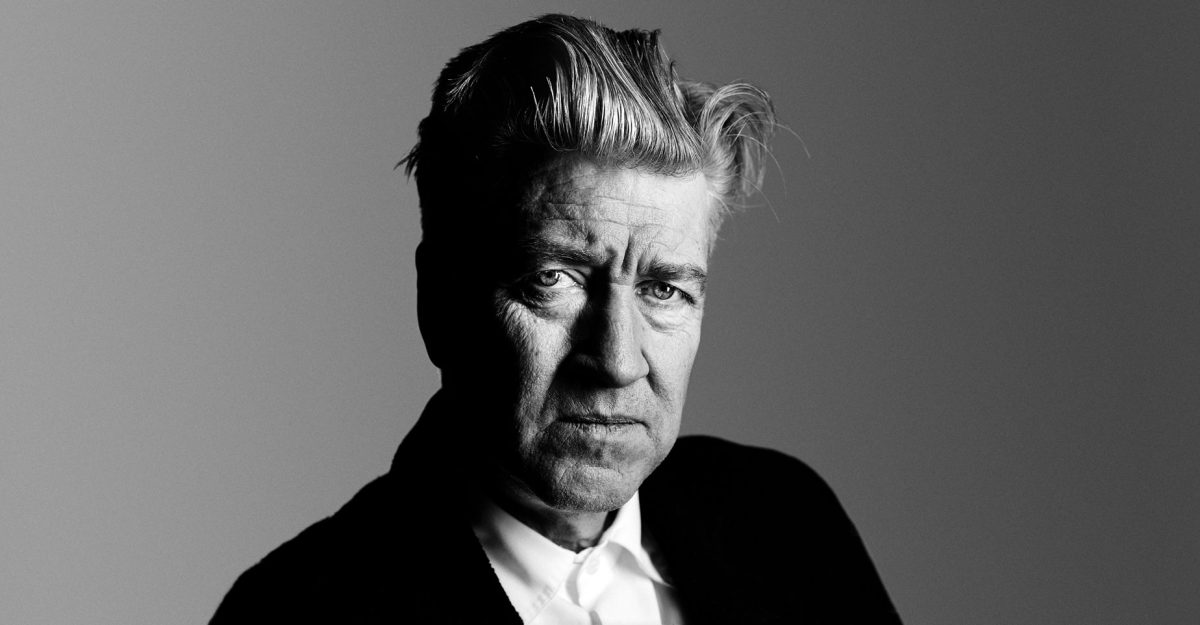The constant headlines of Pope Francis’ supposed critical condition and health status have been overwhelming, and contain a plethora of subtext and possible effects on the future of the Catholic Church. 88-year-old Pope Francis has been hospitalized in Rome’s Gemelli Hospital since February 14th, 2025, with severe double pneumonia. On February 28th, this condition worsened when a bronchospasm (sudden constriction of lung passages) caused severe breathing distress and vomiting, necessitating immediate medical intervention through non-invasive ventilation processes. Despite these health challenges, he has remained responsive to treatment and alert in general. The global Catholic community has united in prayer for his recovery, and the Vatican has emphasized the importance of the next 48 hours in assessing the Pope’s condition and stability in regard to his complex prognosis. These complications have led Francis to cancel upcoming events within the Catholic Church, such as the Ash Wednesday Ceremony (which was conducted by Cardinal Angelo De Donatis).
Pope Francis’ lung issues stem from a history of issues in his childhood, including the removal of part of his lung. Despite these challenges, however, he has committed to continuing to manage Papal responsibilities and Vatican affairs from the hospital. Francis is the first American-born Pope, and in alignment with his Jesuit status has reformed the Catholic Church in many ways since 2013 with efforts prioritizing humility, unity, and social justice. His somewhat controversial views frequently fall in criticism of capitalism and in support of migrants and refugees. Most notably, Francis’ modernization of the Church has opened up many more positions for women and LGBTQ+ individuals. These extensive changes have made him a polarizing figure, although he is mostly thought of as a beloved and respected world leader.
Controversy has also sparked from the seemingly coincidental release of the highly commended film “Conclave,” which depicts the election process of a new pope. This process includes a secret vote by the College of Cardinals, a body heavily influenced by Francis himself, in which they elect one of their peers to become Pope. The film is Academy-Award nominated, and its dissemination and attention during this time have invoked thoughts of potential successors to Pope Francis. The most prominent candidates thus far are Cardinals Luis Antonio Tagle, Pietro Parolin, Wim Eijk, Mario Grech, Matteo Maria Zuppi, Raymond Burke, and Fridolin Ambongo Besungu.
Luis Antonio Tagle is from the Philippines, and if elected would become the first pope from Asia. he is known for his charismatic, pastoral approach and alignment with Pope Francis. The Italian Pietro Parolin is more politically moderate and has a strong background in Vatican politics and diplomacy. Wim Eijk, from the Netherlands, has prioritized lessening the overload of information and resulting confusion among Catholic Church members. Mario Grech, a Malta native, is another moderate contender who has played crucial roles in Church governance in past years. Zuppi, another Italian, is a key insider in the Vatican who is highly favored by the pope due to his similar humanitarian views towards service to disadvantaged people and equitable efforts. Raymond Burke, from the USA, is the former Archbishop of St. Louis and has opposed some of the current Pope’s more liberal and forgiving standpoints towards divorce and LGBTQ+ individuals. A similarly conservative candidate, Fridolin Ambongo Besungu from the DRC, shares these opinions against the blessing of same-sex individuals and couples. As this story continues to evolve, the global community follows closely and prays for a speedy recovery of arguably one of the only international treasures.
